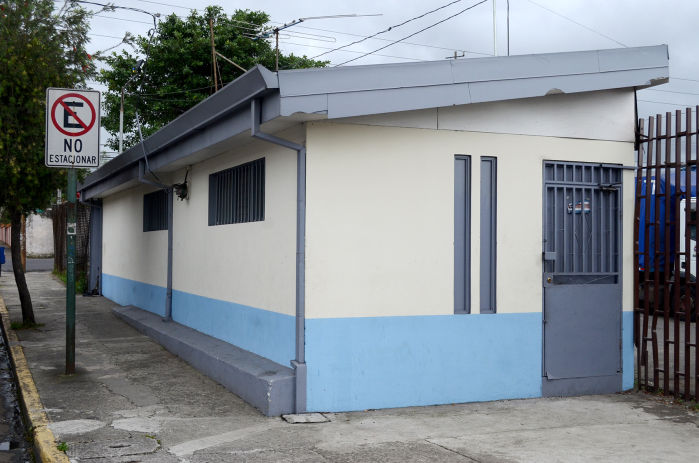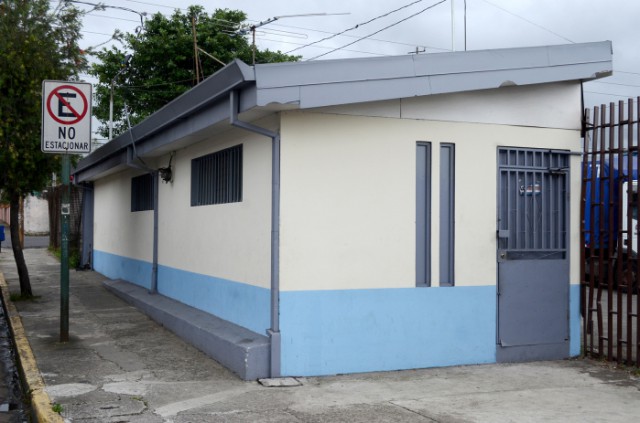Costa Rica wasn’t a high profile player among the World War Two participants, however it still had a role to play mainly due to the number of German expatriates who had settled in the small Central American country, and its proximity to the US.
After the bombing of Pearl Harbor in 1941, and the US’s entry into World War Two, America was concerned about the countries that surrounded it. The US wanted to ensure that people who had settled in nearby Latin, Central America or the Caribbean and were originally from one of the enemy’s countries would not be a risk to its safety or security. The US therefore called to its neighbours to take their property, and either deport them back to their country of origin or imprison them.
Veterans and survivors remember the days as the US entered the war, stating that prior to the war Germans were just another citizen. But once President Roosevelt called for all Germans, Japanese and Italians to be rounded up, attitudes changed. One German boy living in Costa Rica at the time, Hermann Kruse, remembers his father being imprisoned in an internment camp set up to house the Germans and Italians, The Tico Times reports.
The camp was built in downtown San José, which could house hundreds of prisoners. Today, the site is just another car park owned by the Public Works and Transport Ministry. The prisoners’ families were allowed to visit, and Kruse remembers going to see his father. They were allowed to visit for around 15-20 minutes before a guard would tell them to leave. Those who weren’t kept in the internment camp in Costa Rice were deported to the US where they were held in detention centers, mostly in Texas.
The property of the Germans was confiscated by the Costa Ricans. Many of the Germans were leaders in the coffee, sugar, bananas, cocoa and other export sectors, so the Costa Rican Government took over their well-established businesses. However, the war had prevented the export to European markets and so the country turned to the US to buy its goods.
Of course, these take overs by the Costa Rican Government were criticised given the years of hard work by their original owners, however the government used its new assets to build its economy and bring down its national debt. Several riots broke out during the war years between Costa Ricans and those of German, Japanese and Italian descent.
When the war ended in 1945, Costa Rica closed its internment camp and the prisoners returned to their families. Some were able to return to their businesses, others were not allowed to or able to and had to start over.

